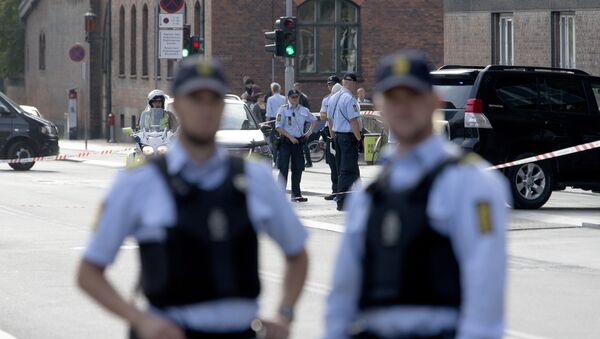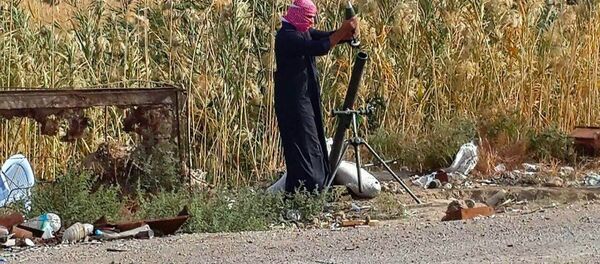First of all, why was this program launched? Because of the large number of Danish people getting radicalized and leaving to fight in the Middle East?
Toke Agerschou: The work began in response to the bombings in London in 2005, and the goal was initially to prevent home-grown terrorism. In 2007 the police and the city formulated a policy to prevent radicalization and discrimination in Aarhus due to challenges with political extremism (right wing). The circumstances in Syria and Iraq have meant that as part of our efforts we developed contingency plans for dealing with travelers to Syria.
What is the reason behind radicalizing elements in Denmark getting so strong?
Toke Agerschou: We believe that the radicalization process in Denmark and Aarhus is not different to many other cities or countries in the World. But due to our program and the Danish tradition for close cooperation between authorities it is our belief, that we can identify individuals in risk of being radicalized, as opposed to other cities and countries.
Could you please say a few words about the program: what are your main efforts focused on?
• Individual counselling and advice for people who intend to travel to Syria to participate in the conflict, or those who have come back after participating in the conflict.
• Guidance and counselling for families of people who intend to travel to Syria to participate in the conflict, or those who have come back after taking part in the conflict.
• Dialogue and contact within the local environment, including public meetings.
Do you think the program is effective? Are there many successful examples of de-radicalized nationals?
Toke Agerschou: Work in all areas has succeeded in significantly reducing traffic to Syria, from 30 individuals in 2013 to 1 person in 2014, according to the current information available.
5 young people and their families have received advice, guidance and assistance in connection with a specific concern about travel to the conflict zone in Syria/Iraq. This collaborative work has meant that in these instances, travel from Denmark was prevented.
There is contact with 16 people who have returned from conflict areas in Syria and Iraq, 10 of whom receive guidance, advice and help. These 10 people are engaged in work or education and their key focus now is not on the conflict in Syria. The others are engaged in different degrees of dialogue, partly to enable the authorities to keep in touch with them and to be prepared for any eventualities with regard to Syria, and partly to keep an eye on their activities.
Maybe the focus should be on eliminating the elements responsible for radicalization in the first place?
Toke Agerschou: That is exactly what we do. Radicalization is a very complex process, and to fight radicalization you need to identify “the elements” that you mention. Is it lack of education? A bad upbringing? Religious or political beliefs? Social awkwardness? Criminal background? It can be none and it can be all of these. In our work the approach is to promote the persons potential for inclusion in the community, improve their life skills and positively impact on their network – the goal is to eliminate the risk of violence (security) and include the person into society again as an active and participative citizen (safety). These are the key elements of the de-radicalization process.
What are the chances of recidivism?
Toke Agerschou: It is not a chance, it is a risk to society. And the risk will always be there. We do not have statistics, we only have our results.


